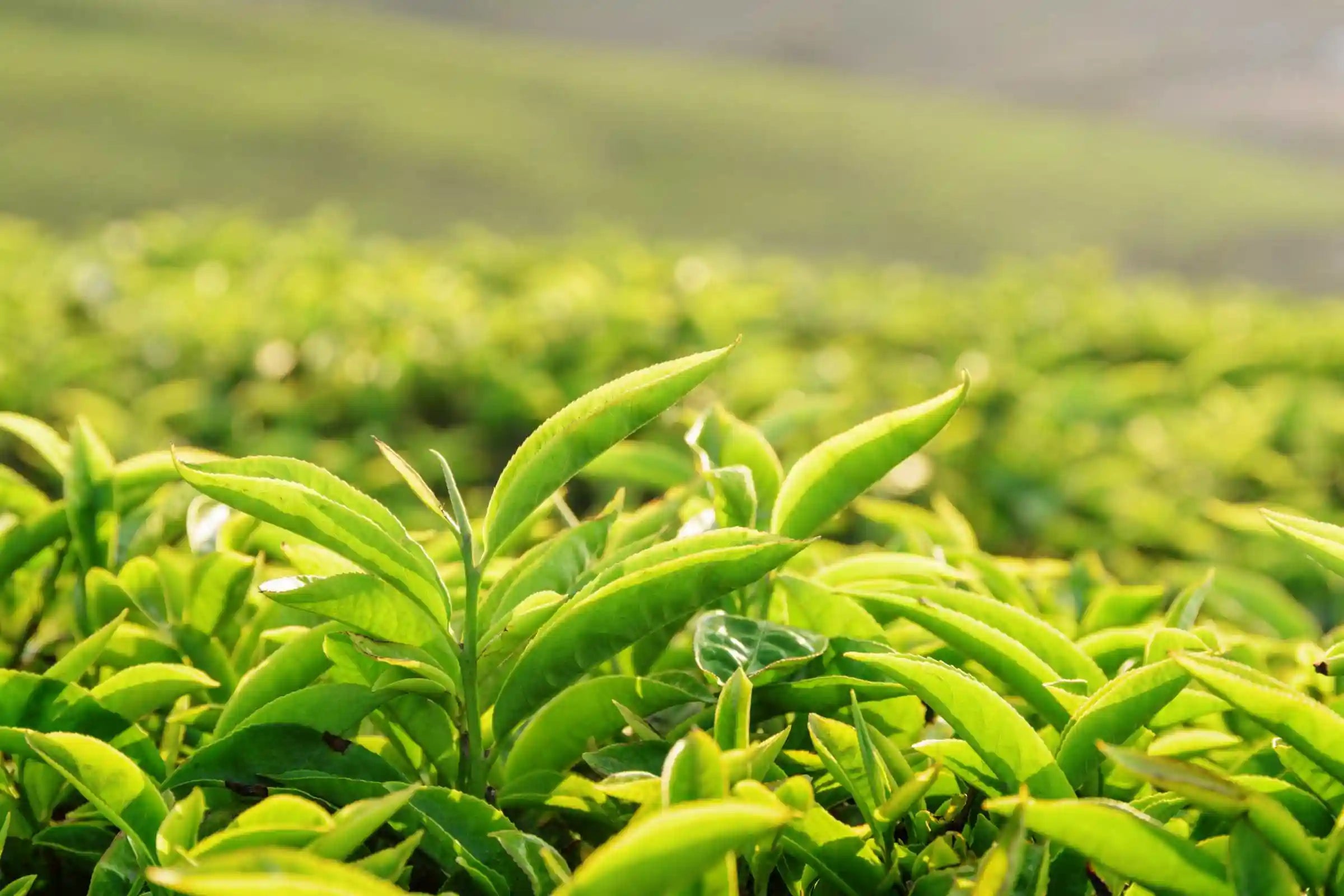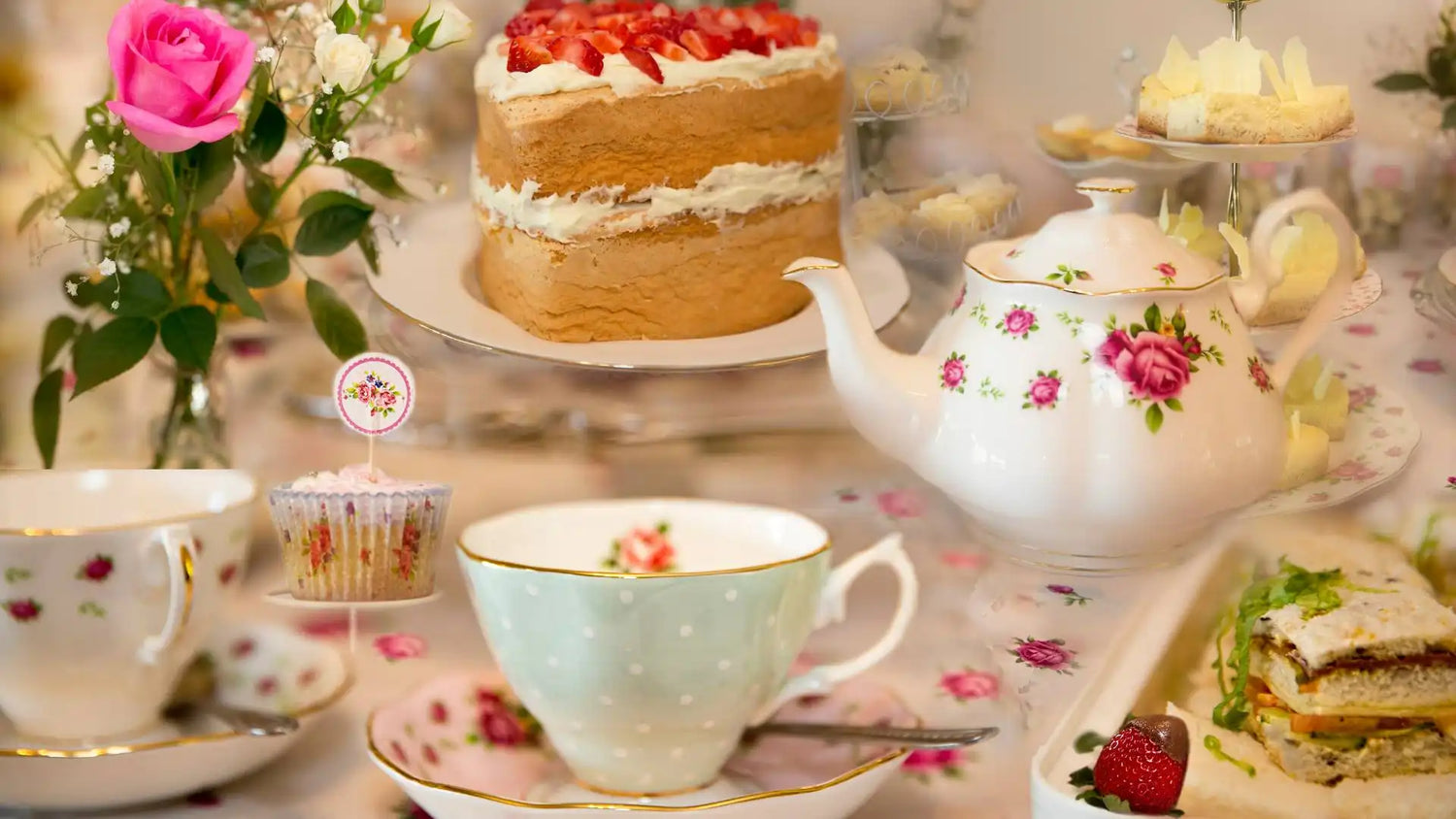Tea has become an integral part of Indian culture and cuisine, but its origins can be traced back to China. The story of tea in India is an interesting one, marked by both British colonization and local innovation. Let's explore the history of tea cultivation in India and the role played by the British East India Company in establishing tea plantations in the country.
Tea was first introduced to India in the early 19th century by the British East India Company, which was seeking to establish a domestic source of tea to reduce their reliance on expensive Chinese imports. In 1823, the British sent a Scottish botanist named Robert Bruce to the northeastern state of Assam to survey the area and collect plant specimens.
While in Assam, Bruce discovered a variety of Camellia sinensis, the plant used to make tea, growing wild. He sent samples of the plant to the botanical gardens in Calcutta for further analysis. The samples were eventually confirmed to be a new variety of tea, which came to be known as Camellia sinensis var. assamica.
The British began to cultivate tea in Assam in the 1830s, but it wasn't until the 1850s that tea plantations began to thrive in the region. The British brought in workers from other parts of India to work on the tea estates, which led to the establishment of tea gardens in other parts of the country as well.
One of the most famous tea-growing regions in India is Darjeeling, located in the state of West Bengal. The British established tea plantations in Darjeeling in the mid-19th century, and the area quickly became known for its high-quality teas. Today, Darjeeling tea is still prized for its unique flavor and aroma.
Tea production in India continued to grow throughout the 19th and 20th centuries, and today India is one of the world's largest producers and exporters of tea. In addition to Assam and Darjeeling, tea is grown in other parts of the country as well, including the Nilgiri Hills in Tamil Nadu and the Kangra Valley in Himachal Pradesh.
While the British played a significant role in introducing tea cultivation to India, local innovation and experimentation have also been key factors in the development of the country's tea industry. For example, Indian masala chai, a spiced tea made with milk and sugar, is a popular variation on traditional tea that originated in India.
In conclusion, the history of tea cultivation in India is a fascinating one that is marked by both British colonization and local innovation. Today, tea is an integral part of Indian culture and cuisine, and the country continues to play a major role in the global tea industry.





